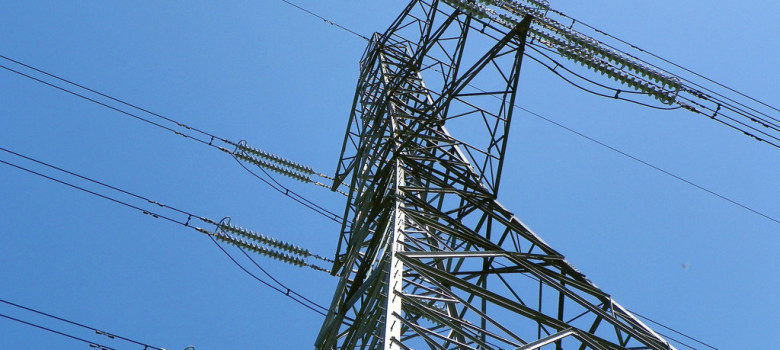
It is realistic to live off grid?
Living off grid means that you are not connected to, or rely on the national grid for your energy needs. This will probably involve some sort of energy storage system to ensure that you have a constant supply of electricity. Your heating might be electric, use a renewable heating source, or perhaps a wood burner. Is this a good idea? What are the pros and cons? We discuss here.
Perception and living off grid
For many years, those who lived completely off grid were considered eccentric, or perhaps eco-warriors of some sort. These days, that is less the case, as the practicalities become somewhat more straight-forward and the technologies easier and cheaper to access.

We are fortunate to live in a country where the electricity supply is very reliable, and blackouts are very few and far between. It is expected that this might be less the case in the future, as Britain’s coal power plants close and replacements lag behind.
Wood as an alternative fuel
If you are not going to use grid gas or electricity to heat your home, then you may look to wood as an alternative fuel in the form of a wood burning or biomass boiler. This is only really practical in properties with plenty of space to store the wood and probably outside of city areas. You could also benefit from a very generous government subsidy for biomass, as long as you use an approved source for your wood.
So wood or other biomass fuel is a really good option for off grid heating – reliable, and cost effective, but it is not always feasible for every property. The growth of the wood burning stove even in urban parts of London show that it is a great way to provide affordable heat.
Where to get your electricity?
If getting a regular oil delivery is possible, you could run a generator for your electricity. Long term this is going to be pretty expensive however, with oil prices likely to rise in the coming years. Most people considering moving off grid want to look at renewable options to provide a more independent system not reliant on a regular fuel delivery.
There are a few places to get your electricity renewably – from solar PV or from wind. In certain places it might be possible to harness more unusual forms of generation, like micro hydroelectric for example, but these are going to be very dependent on location and also going to be much more expensive than the more conventional renewables.
Battery storage
The biggest issue with generating electricity on your own is not how you generate the energy, it is the problem of a constant supply. Power providers use power stations to provide a constant electricity supply to the grid. Solar PV will only provide power during daylight hours, and wind power will only provide electricity when the wind is blowing. Combining the two technologies mean that you will nearly always have some electricity, but you need a steady supply to make sure all your appliances are working through the day. And that means batteries.
For many years, battery storage for renewables was too expensive, and only an option for those who were going off grid for green rather than financial reasons. Battery storage recently has become cheaper and with global battery prices dropping, it is going to become more feasible to have a good consistent supply of electricity without having to rely on the grid. Feasibility does not mean that it is worth it though! It usually doubles or triples the cost of a renewable energy install.
Is going off grid financially worthwhile?
For the vast majority of people it is going to be a better option to get solar or wind power installed, and then take advantage of the feed in tariff or renewable heat incentive. There is only the cost of the renewable system involved, and you don’t have to worry about power outages most of the time. If you go off grid, you won’t get the feed in tariff, nor will you have the reliability that this brings in terms of energy supply. You will need to invest in expensive batteries and back up generators to ensure that you have a steady supply of electricity.
So the best approach for the moment is to stay grid tied, utilising solar and wind along with grid electricity. When it comes to heating however, it is much easier to be off the grid these days, with different heating methods like solar thermal, biomass, wood burners etc all able to heat a home very well without needing to rely on the gas or electric grid. In some cases, it may actually be a cheaper option.
Installing battery storage
Interested in having a battery storage system installed in your home? We have scoured the country for the best tradespeople, so that we can make sure we only recommend those we really trust.
If you would like us to find you a local installer to help install a battery storage system in your home, just fill in the form below and we will be in touch shortly!
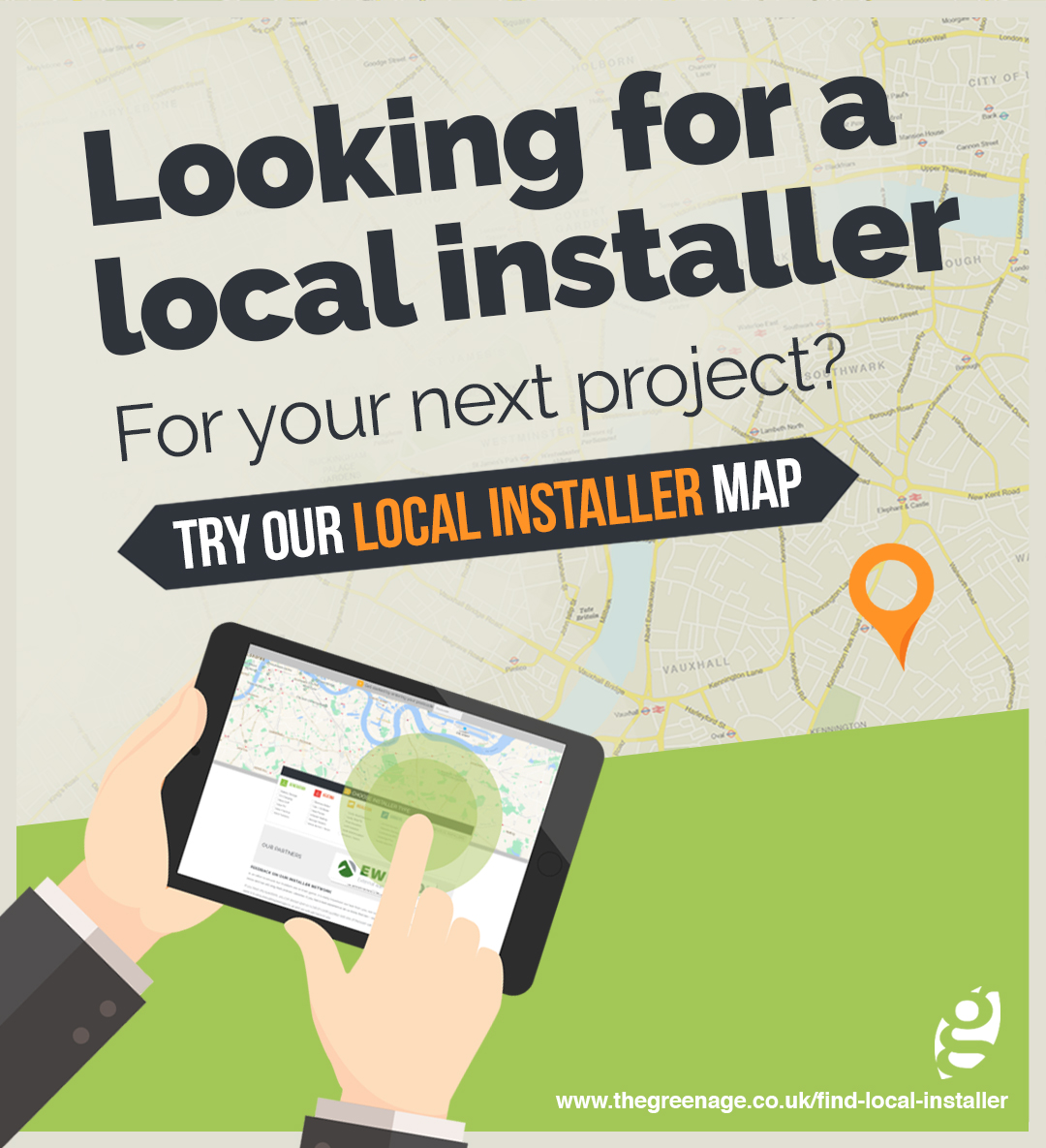


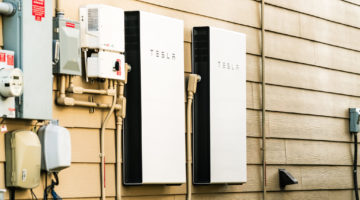
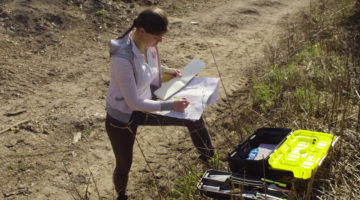
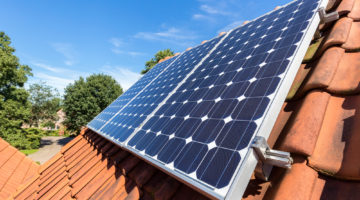
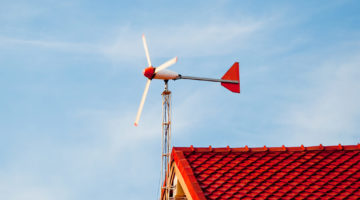





If you live in a 3rd world country like S.Africa has become, its an entirely different story. getting off grid is seen as the best way to become independent of unreliable energy providers and corrupt price-gouging municipalities. Cost is roughly R200K or £10K. Plenty of sun but batteries will need replacing, depending on quality every 5 to 10 years.
I have been considering the options with a smallholding where the grid connection costs were astronomical, we are likely opting for solar p.v , circuitree saltwater batteries (they last 10 – 15 years) and a back up generator for the winter, it is not as cost effective as the energy in our current city flat but the grid connection cost has been quoted at £45k, we can buy a premium system for less than half of that and the winter fuel use is only around £150, so all told in our case it is the the cheapest option by far!